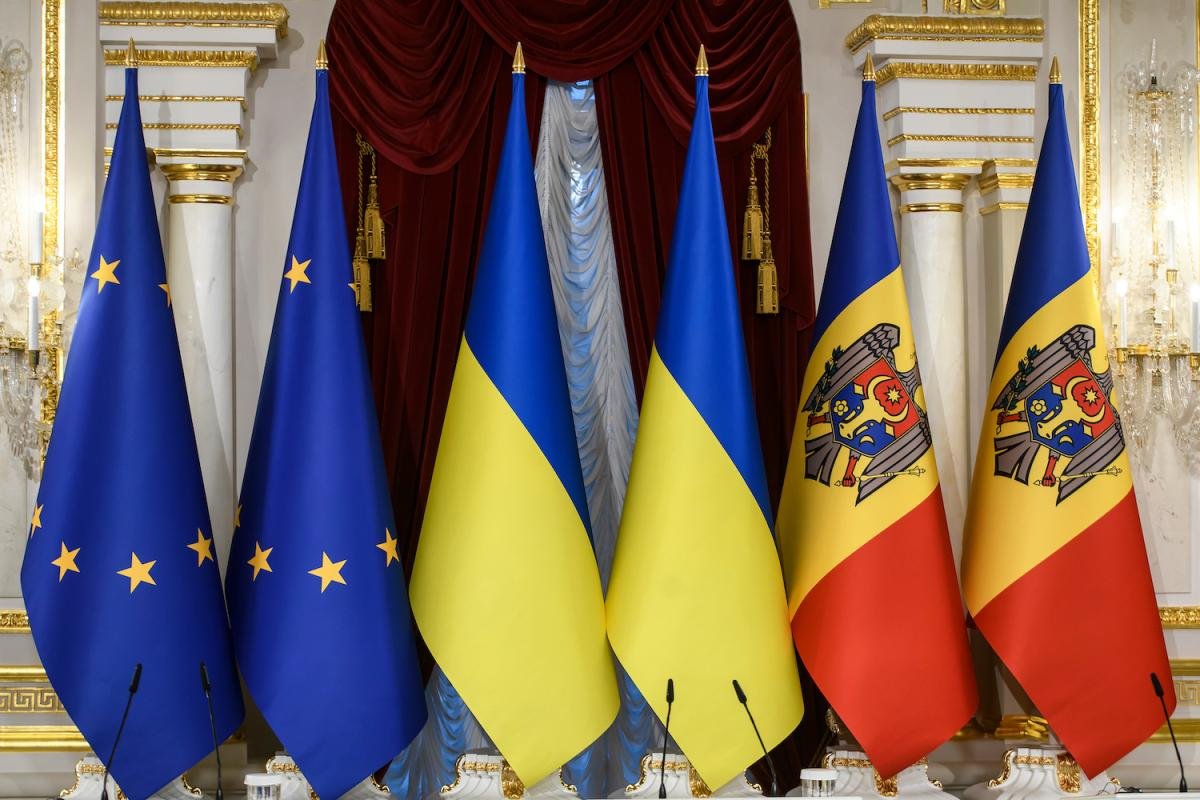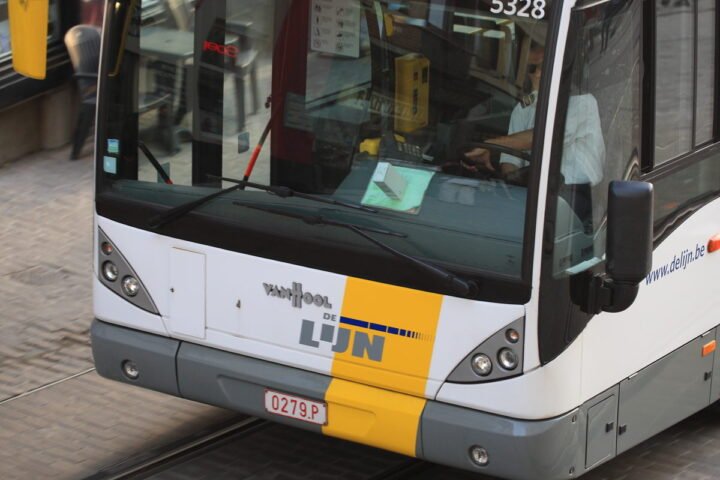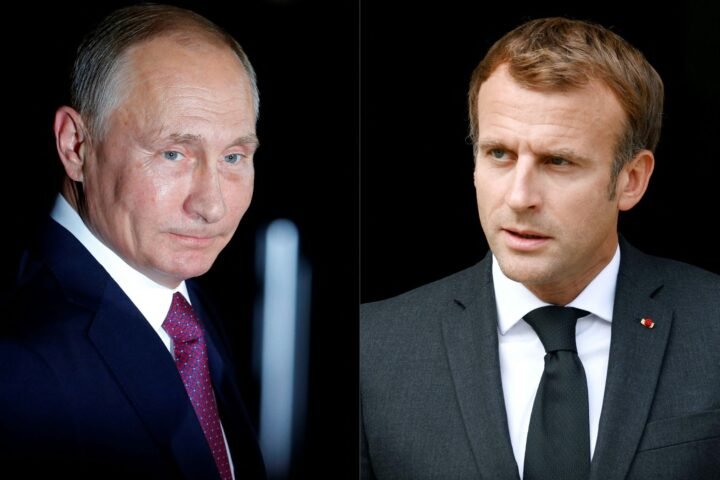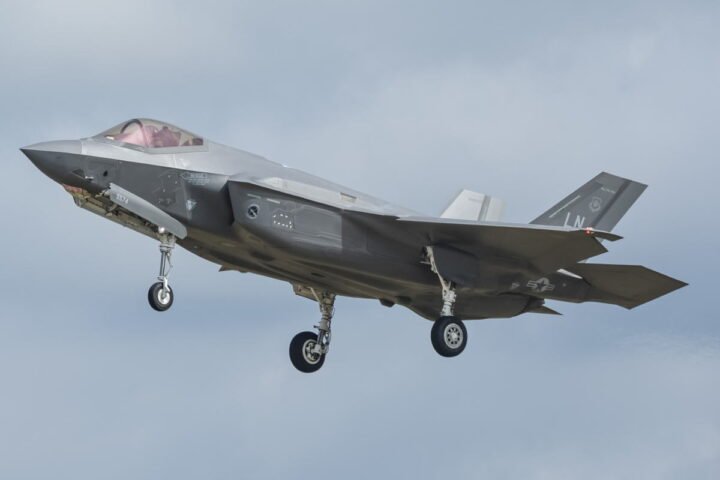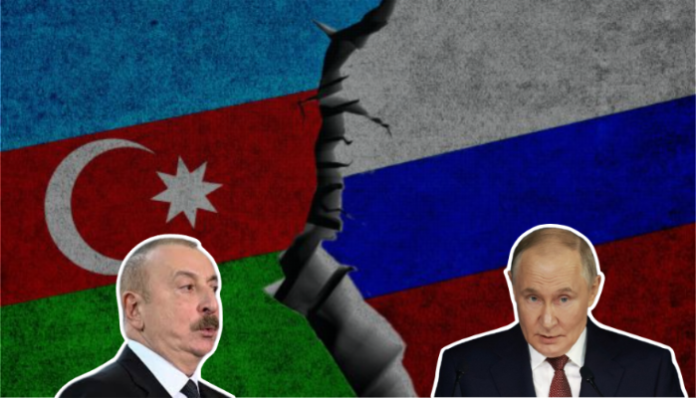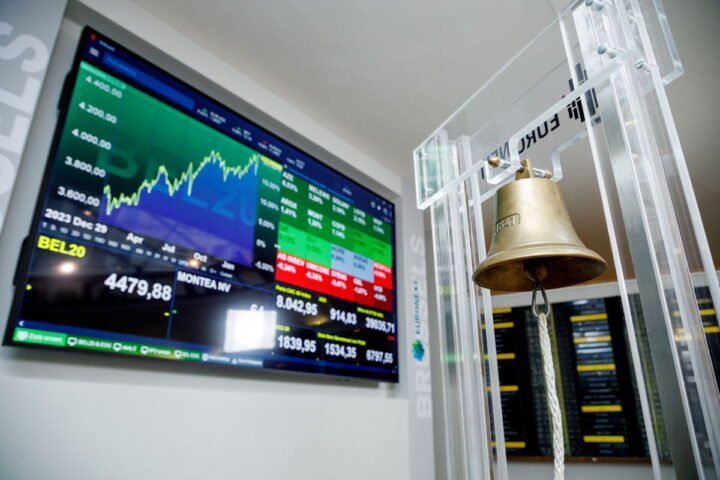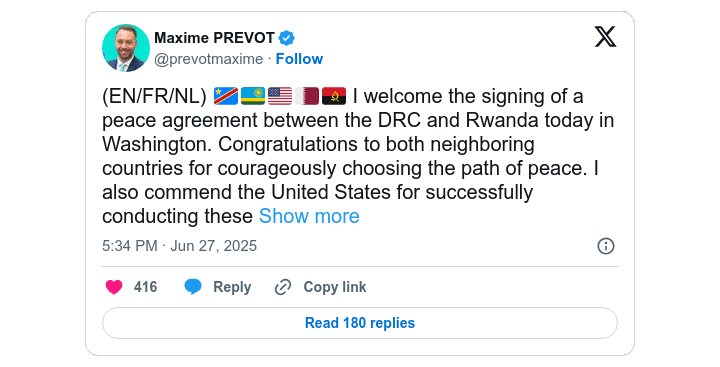Brussels avoids pushing to split Ukraine and Moldova’s EU accession bids
The European Commission has clarified that it is not advocating for Ukraine and Moldova to be separated in their European Union accession negotiations, stating the final decision rests with the EU’s member states. On 1 July, Commission spokesperson Guillaume Mercier addressed concerns over a potential divergence in the accession paths of the two countries, which were granted candidate status together in June 2022.
“This is a matter for the member states,” Mercier told reporters in Brussels, according to European Pravda. “The Commission is not insisting on separating Ukraine and Moldova in the negotiation process.”
His remarks followed increasing speculation in EU policy circles that Moldova’s accession process could be fast-tracked independently, while Hungary maintains a veto over Ukraine’s progress.
Moldova’s acceleration, Hungary’s blockade
Several EU diplomats have suggested that Brussels may consider decoupling the two bids, enabling Moldova to proceed more rapidly, particularly after its advances on judicial reform and anti-corruption measures. Meanwhile, Hungary’s obstruction—stemming from political tensions with Kyiv—has effectively stalled Ukraine’s official negotiation framework.
While technical discussions around Ukraine’s EU path continue behind the scenes, the prospect of a formal split has triggered concern among some officials in Kyiv and among Central European allies.
In response, EU institutions are now reportedly exploring “parallel negotiation mechanisms” that would allow Ukraine to continue its legal and technical alignment with EU standards, potentially bypassing Budapest’s roadblock without violating treaty norms.
Ukraine’s role in Moldova’s security and sovereignty
Ukrainian officials and analysts have warned that any formal separation of accession paths would be both politically short-sighted and morally questionable. One senior Kyiv official emphasized that it is precisely Ukraine’s military resistance that has kept Moldova secure from Russian military advances since 2022.
Splitting the negotiation tracks now, Kyiv argues, would reward obstructionism and penalize a nation actively defending Europe’s eastern flank. “Such a move would overlook the sacrifices made not only for Ukraine’s future, but for the sovereignty of Moldova and broader European stability,” one Ukrainian diplomat told European Pravda off the record.
EU law, values, and decision-making
The European enlargement process is governed by a clear legal and political framework, most notably the Copenhagen criteria, which all candidate countries must fulfill. Ultimate decisions on accession timelines, including format and sequencing, are taken by EU member states, not the Commission itself.
Brussels has reiterated that both Ukraine and Moldova must stay focused on these fundamental reforms. EU sources say that despite the current impasse, Ukraine continues to make progress on rule-of-law commitments, anti-corruption measures, and alignment with the EU acquis.
As debates continue over the process design, officials in Kyiv urge the EU to avoid actions that could be interpreted as politicizing enlargement or undercutting shared European values.
“Ukraine’s future in the EU should not be held hostage by one member state,” said a government official, referencing Hungary’s veto. “The rules, not geopolitics, must guide this process.”
Strategic alignment, not division
While Brussels remains formally neutral on whether Moldova and Ukraine’s bids should proceed together or separately, the strategic consequences of any decision loom large.
Ukraine and Moldova began their paths toward EU membership as a response to growing Russian pressure in the region. Now, any split in their accession trajectories could be seen as a weakening of the EU’s unified stance on post-Soviet integration and regional security.
Analysts say the focus must remain on performance, reforms, and adherence to European values. Both Kyiv and Chișinău are expected to accelerate institutional reforms in the coming months, preparing for the next key phase of talks—whenever and however those negotiations are ultimately structured.
